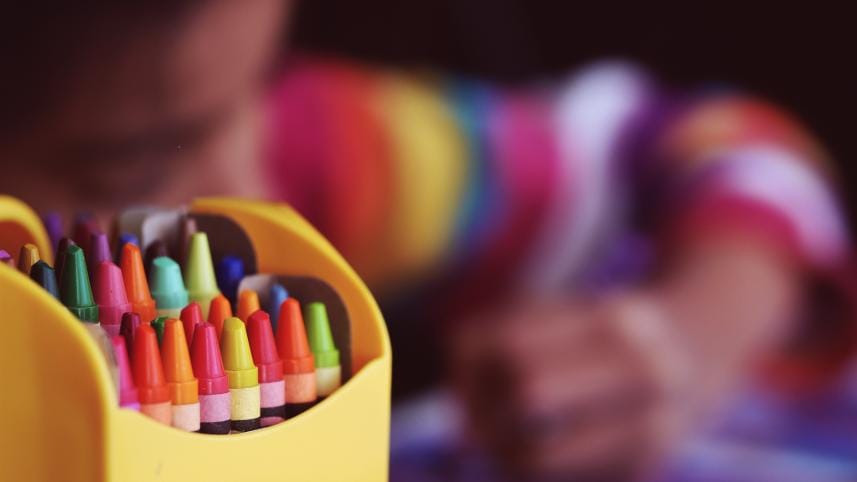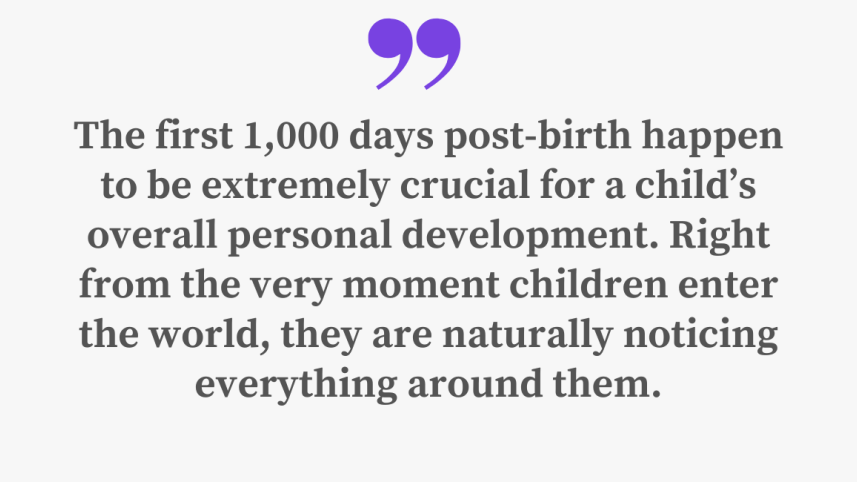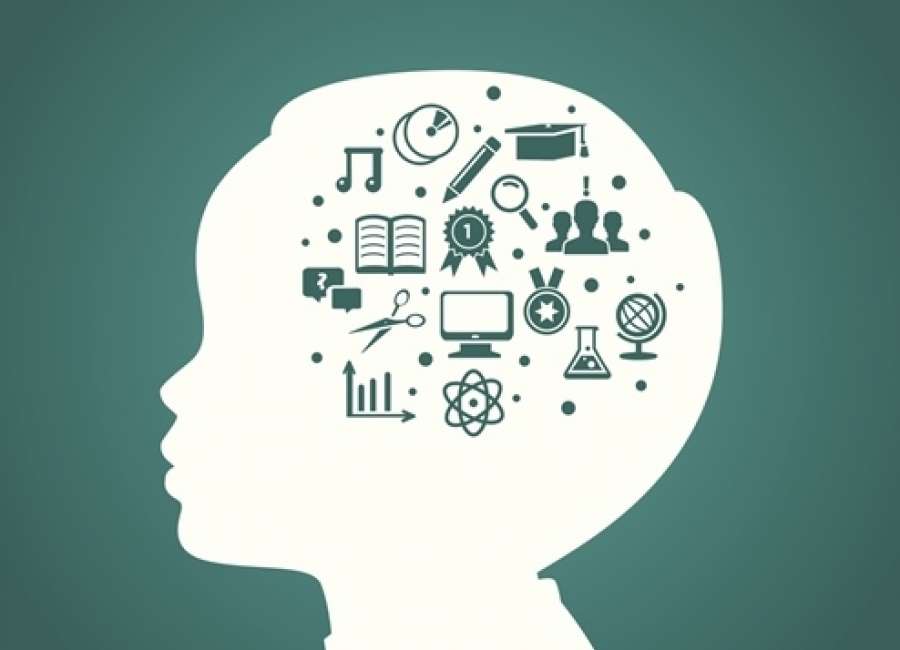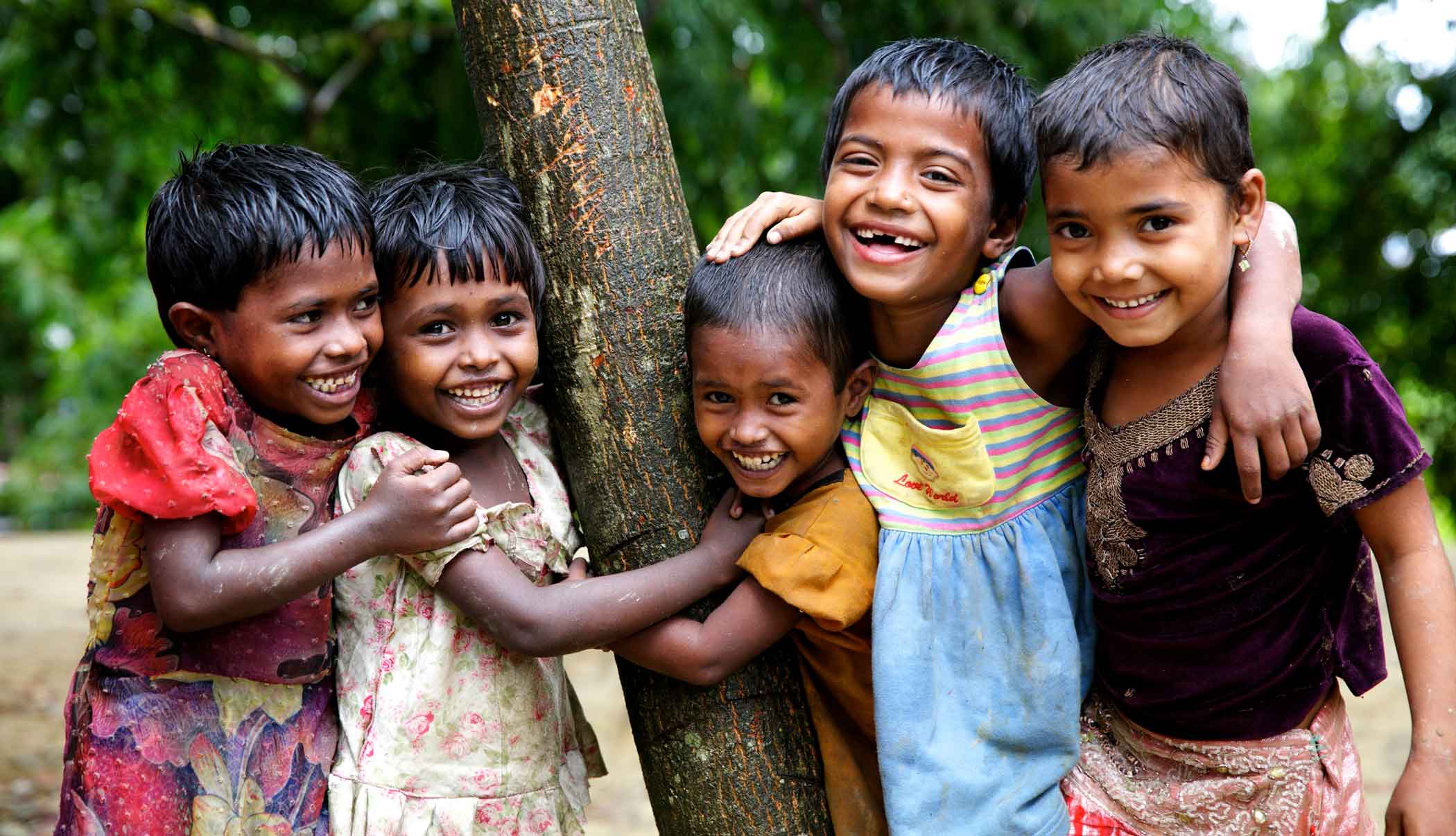Exploring the first 1,000 days of life and learning

The first cry, the first giggle, the first half-pronounced words, or the first steps – all these precious moments of "firsts" make up for beautiful memories to be treasured throughout a lifetime. However, is enough attention really being paid to the development of children during these initial days of life?
Brain development within humans starts from the very point of conception. Although the gestational period comes with unique opportunities of contributing to the effective development of the human brain, the first 1,000 days post-birth happen to be extremely crucial for a child's overall personal development. Right from the very moment children enter the world, they are naturally noticing everything around them. From observing the new faces to learning the warmth and familiarity of the parents, these little bundles of joy are in a constant state of learning and developing. Consequently, this time period comes with opportunities to actively participate in a number of activities dedicated to extensive brain development among the babies.
Slightly peeking into the technicalities, a child rapidly develops brain areas including the hippocampus (the brain component playing a major role in memory and learning), along with the visual and auditory cortices, right at birth. Later, throughout the first year after birth, the brain undergoes a rapid growth of the language processing areas. Besides, early development of the prefrontal cortex of the brain during this time also controls the "higher processing" areas including attention, inhibition, and flexibility. It has been seen that that 80 percent of a child's brain development occurs within the first 1,000 days of life – making those three years important for lifelong health, learning, and success. Even babies as young as five-days-old have the capacity to attend sensory classes. Eventually, these 1,000 days play a pivotal role in shaping these children's personalities for the future, as this is the time to shape the brain and imprint skills.
Accounting for all of these, effective early years learning is extremely crucial.
In a world that is continuously changing, it is impossible to predict what the future will hold for today's children 20 years down the line. Hence, a sole focus on academics is never enough; because now, the upcoming generation of children need to be equipped with strong basics and skills. The best way this can be done is through stimulation, starting from the earliest possible moment. Reading, talking and singing to them alongside playing with them can go a long way in building cognitive capacities. Eventually as children grow older, such capacities help them in becoming well-rounded individuals in future.
However, children of this age can be especially vulnerable to the adverse effects of "toxic stress", both physically and mentally. Toxic stress stemming from too much pressure and wrong methods can become harmful in the long term, as it may limit brain connectivity. Hence, parents must ensure there is no impact of negative or stressful experiences during these vital years of a child's life.

Early childhood development can be ensured through an array of "Montessori" activities. Montessori is a method of education designed for little children, and is based on self-directed activities, hands-on learning and collaborative play. Montessori classrooms enable children to make creative choices in their learning, while specialised teachers offer age-appropriate activities to guide the process. Here, the method enables children to discover and explore knowledge of the world and develop their maximum potential, through group and individual activities. Montessori learning helps children gain a deep understanding on language, mathematics, science, music, social interactions and much more, within the safety of a classroom designed to meet the needs of children of specific ages, including the ones as little as five days of age.
Examples for Montessori activities can range from fun role-playing activities and appropriate modelling, as the teachers demonstrate the best way to respond to arguments, difficult situations, and issues. This gives children the ability to act confidently and socially when an actual problem arises. On top of that, exciting games such as bouncing things, joining elements, and creating handmade objects go a long way in producing effective and engaging lessons. Moreover, children are able to choose activities that interest them, and work individually, with the teachers, or in small groups in an unrestrictive environment. Successful completion of tasks and activities are followed by praises to ensure positive reinforcement.
These teaching methods can go a long way in helping children develop gross motor coordination, fine motor skills, and language skills, enabling them to gain control while doing their daily tasks. These classrooms provide a safe, engaging and nurturing opportunity for the child, helping them gain trust within themselves and the world.
All of these activities are catered to the unique needs of each child, designed to instil life-long skills within young babies through exercises that train their eye muscles, develop motor skills, and spurn the imagination.
We all have heard about the importance of "learning through fun and games", however, a structured curriculum goes beyond that. With the help of specialised activities and qualified individuals, children can develop skills and gather knowledge effectively, which will in future help them to grow into full-fledged adults.
As teachers and guardians, we carry a huge responsibility of shaping our new generation the right way, and in no way should we leave scope to regret our choices. Hence, we must start early.
Dr Shivananda CS is principal, DPS STS School Dhaka.



 For all latest news, follow The Daily Star's Google News channel.
For all latest news, follow The Daily Star's Google News channel. 

Comments